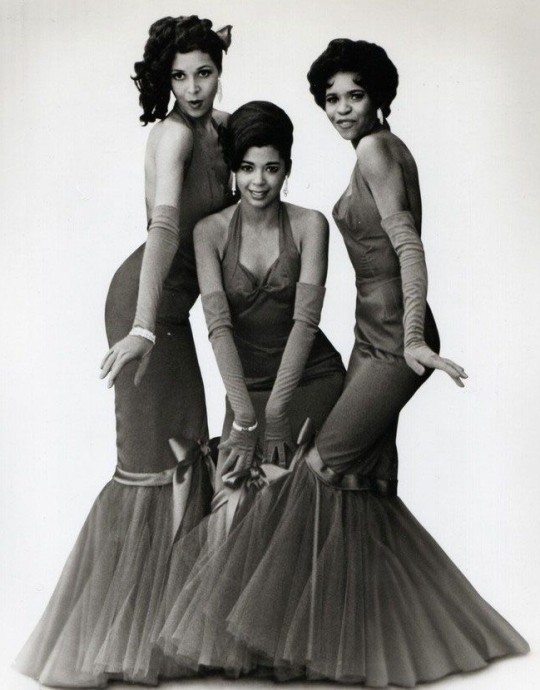#Dwan Smith
Photo
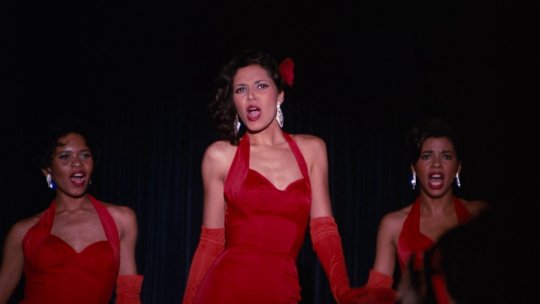
Sparkle (1976)
In 1959, three young women in Detroit’s Brewster-Douglass Housing Projects came together to form a musical trio. Sixteen-year-old Florence Ballard first convinced her best friend, Mary Wilson, fifteen, to join the group; Wilson then recruited Diana Ross, also fifteen, to join. On weekday evenings and weekends, the Primettes (the “sister group” to the Primes, later known as the Temptations) performed at local clubs and talent shows across Detroit, often covering hits from the Drifters and Ray Charles. The Primettes became a local sensation, winning a competition at the 1960 International Freedom Festival, and attracting the attention of Motown founder and executive Berry Gordy. Gordy signed the Primettes to a contract in early 1961, on stipulation they change their name. They became the Supremes.
One decade later in American cinema, the major Hollywood studios began experimenting with and quickly realized the box office appeal of blaxploitation. Blaxploitation is a type of exploitation film that features heavily – if not entirely – black casts and narratives, often aimed at an urban African-American audience. Generally, the subgenre concurrently provided a valuable avenue for black representation in Hollywood (on- and off-camera) and narratives concerning the community, all while upholding damaging white stereotypes about black people (i.e., violence, substance abuse, the hypersexualization of black women and highly polarized sexualization of black men with little in-between, etc.).
Released by Warner Bros., Sam O’Steen’s Sparkle, takes inspiration from the history of the original members of the Supremes. Sparkle arrived long after the breakup of the original Supremes (Ross departed in 1970; Ballard in 1967, but passed away two months before Sparkle’s release) and before the 1981 Broadway debut of Dreamgirls (which has a narrative with the same inspiration and story arc). Likewise, the film made its theatrical debut at a moment when blaxploitation was undoubtedly in decline. Repeated criticism from the National Association for the Advancement of Colored People (NAACP), the decision of some of the subgenre’s stars to pursue interests elsewhere, and impatience for blaxploitation’s typical low production values all contributed to that drop-off. Sparkle carries elements of blaxploitation (as do many films centered on African-American characters), but, despite its myriad of flaws, it represents a glimpse of the future of black American cinema.
It is 1958 in Harlem, New York City. The Williams sisters – youngest Sparkle (Cara; the obvious Diana Ross analogue), middle sister Delores (Dwan Smith), and eldest Sister (Lonette McKee; whose character starts out as the lead singer) – and friends Stix (Philip Michael Thomas) and Levi (Dorian Harewood) decide to take their church singing experience to form a musical quintet. The sisters’ mother, Effie (Mary Alice), works long hours as a maid, and has little time to tend to her children. Without much consideration other than requesting promises that the Williams daughters’ schoolwork remains their priority, she lends her blessing to their idea. Dubbing themselves the Hearts, a successful showing at a local talent competition has everyone imagining how they might have a future as professional musicians. Both young men drop out of the group – Levi so that he can take a job with a gangster named Satin (Tony King); Stix becomes the now-trio’s manager and co-composer. The trio, now known as Sister and the Sisters (I would have kept the original name), soon become the headline act at the sordid Shan-Doo Club. There, the malicious intentions of others and unfortunate incidents will challenge the fabric of the group and the bonds of sisterhood between Sparkle, Delores, and Sister.
At a brisk ninety-eight minutes, Sparkle wants to balance the narratives for Sparkle, Delores, and Sister as much as it can. But Joel Schumacher’s (1978’s The Wiz, 2004’s The Phantom of the Opera) screenplay and Howard Rosenman’s (1991’s Father of the Bride, 2017’s Call Me By Your Name) story serves no one particularly well. Given that the film is named after the youngest of the Williams sisters, it makes sense that Sparkle receives the most attention. However, the pedestrian dialogue – especially in the most heightened romantic and violent moments of the films – provides Irene Cara little to work with. And if the ostensible lead actress is ill-served by the screenplay, the situation is worse for everyone else. Sparkle’s storyline – despite a worthy message of how she cannot depend entirely on others to find happiness or success – lurches from one cliché to another, the typical rags-to-riches story executed more interestingly in scores of films that came before and after this.
The connections to Delores and Sister’s stories are likewise poorly handled and edited, with transitions too abrupt for any sort of reflection about the scene prior. We learn about Dolores’ interest in joining the civil rights movement, but this character detail has no depth despite its centrality to a crucial plot point. Sister’s eventual drug abuse and domestic (and potentially, sexual) abuse from her partner is entirely one-dimensional – as if lifted from a shabby blaxploitation film with even less regard for its characters. Her fate feels preordained from the moment we learn of her quandary. Sister’s part in Sparkle is sensationalistic, torturing her and her loving sisters almost for the sake of it.
I can understand how the extremely simplified dialogue in Sparkle might be realistic, but the screenplay is also devoid of geographic, historical, and racial vernacular that places the audience firmly in the film’s setting. Rarely did I ever feel that this was a film set in Harlem, let alone New York City in the late 1950s. New York City – and Harlem moreso than most neighborhoods – is itself a character in many films set in the Big Apple. Bruce Surtees’ (1971’s The Beguiled, 1984’s Beverly Hills Cop) anonymous cinematography also undermines this aspect of the film. The lack of variety beyond Surtees’ medium and medium-close shots renders Sparkle a tedious watch. The film never suggests the claustrophobia that many contemporary independent films rely on to suggest intimacy or entrapment. Nor does the camera pull back far enough to bask in the magnificence of New York City, any of the featured musical venues, or even the bodily movement in some of the sisters’ musical performances.
Surtees’ purported lack of experience in lighting for scenes featuring non-white people also results in all the musical performances – outside of the spotlight beaming towards any of the performers – being surrounded in pitch darkness. In terms of lighting, this is an exceptionally dark movie during those moments, as one can barely make out backgrounds or furniture or even some facial expressions and features because of the poor lighting. It is almost as if Surtees wanted to capture the impression that one experiences when coming into a dimly lit room after exiting a daytime exterior. One’s eyes have not adjusted to the darkness, so the interior seems darker than it is. The only problem is that Surtees never adjusts, and it is not clear what purpose this serves emotionally, narratively, or even atmospherically (because almost all other interior scenes in Sparkle are also underlit, just not as intensely as the musical scenes). Your experience in watching Sparkle may vary depending on the quality of the print you watch, largely due to the poor cinematography and lighting that makes certain formats and editions unwatchable. This write-up is based on the print made available for broadcast on Turner Classic Movies (TCM).
The composer for Sparkle, Curtis Mayfield, was an innovator in soul music and 1960s R&B. Mayfield, one of the original members of the Impressions (whose original lead singer was Jerry Butler; “For Your Precious Love”, “People Get Ready”), left the group in 1970 for a solo career. His filmography, though not lengthy, nevertheless included one of the most popular blaxploitation films of all in Super Fly (1972). Part of Mayfield’s reasoning for leaving the Impressions was to find the freedom to integrate his music with a social consciousness (as one can hear in the Impressions’ “People Get Ready” and the songs in Super Fly). But for a project like Sparkle, Mayfield would have to find a way to replicate the Motown sound, style, and lyrics of early ‘60s girl groups. He may not have been the ideal candidate for this mode of R&B and soul (and one can hear it in this film at times as a handful of the songs pass too long without a quotation of the chorus), but Mayfield produces an always-listenable score and set of songs for Sparkle.
youtube
The Hearts’ debut number, “Jump”, has minimal instrumentation: percussion and select stabs of brass. It is a basic start, acted wonderfully by the quintet by showcasing the initial awkwardness that only begins to truly groove about a minute in. The boys, Stix and Levi, are obviously vestigial to the performance because neither sings, both only half-clumsily (look at 1:23 in the provided video) adding to the choreography. It works in the narrative context of the film. Once the Hearts become Sister and the Sisters, then the performances garner more musical interest. “Hooked On Your Love”, the group’s debut performance at the Shan-Doo Club, might be the most Supremes-like song in the soundtrack. From the choreography that just evokes the grainy videos one might find on YouTube of early ‘60s girl groups, the era-appropriate vocal ornamentations, and the fact that all three actresses (especially) Cara are having a blast performing, “Hooked On Your Love” is just a knockout of period musical goodness. I just wish the camera drew back a little longer so we could see all three sisters for longer stretches of time (and again, pity about the lighting). Cross-cut with images of Sister’s relationship and personal troubles, “Giving Him Something He Can Feel” is a wonderful mid-film number, for the same reasons as “Hooked On Your Love” works musically. Here, however, there is more narrative and visual interest. Its placement and the editing here – see those wary glances from their mother towards the disreputable crowd during the performance – is the film’s Rubicon crossing.
With such a great slate of songs, what a shame it is that none of the film’s original performances are available in soundtrack form. Instead, Aretha Franklin is the sole performer on the soundtrack, as she covers all the songs. No disrespect to Aretha (in my book, at least in the top five of vocalists in any genre during the last century), but the original performers deserved more respect in a commercial release of the film’s soundtrack. As it is, the original in-film performances are easily searchable, so one can enjoy the movie and the soundtrack versions and appreciate the artistry of Aretha, as well as that of Irene Cara, Lonette McKee, and Dwan Smith.
A year after appearing in Aaron Loves Angela (1975), Irene Cara had now starred in two major studio production a year apart. Neither film was a box office success – Sparkle’s box office records remain unknown, so I am going off educated guesses from a variety of sources – but this was still a point of pride for Cara to achieve so much just as she turned seventeen years old. Her best-known accomplishments in acting and singing in Fame (1980) and her Academy Award win for the title song to Flashdance (1983) would not be far off. Lonette McKee, in her film debut, would carve out a stable career through the 1970s and ‘80s, with appearances in Francis Ford Coppola’s The Cotton Club (1984) and Walter Hill’s Brewster’s Millions (1985). Dwan Smith has largely faded from the public eye since Sparkle.
As one of the late Whitney Houston’s favorite films, Sparkle was remade in 2012 starring American Idol winner Jordin Sparks, Carmen Ejogo, and Tika Sumpter as the sisters and Houston as their imperious evangelical mother. 2012’s Sparkle was Houston’s final film, and has been almost universally compared unfavorably to the original. Sparkle has, over the years, become a cult favorite among African-American audiences. Curtis Mayfield’s songs and associated performances, alongside a sincere (if incomplete and poorly photographed) depiction of black life in New York City were more than enough to help the film achieve that status. My reservations aside, the original Sparkle deserves that chance for audience reevaluation.
My rating: 5/10
^ Based on my personal imdb rating. My interpretation of that ratings system can be found in the “Ratings system” page on my blog. Half-points are always rounded down.
For more of my reviews tagged “My Movie Odyssey”, check out the tag of the same name on my blog.
#Sparkle#Sam O'Steen#Irene Cara#Philip M. Thomas#Lonette McKee#Dwan Smith#Mary Alice#Dorian Harewood#Tony King#Joel Schumacher#Howard Rosenman#Bruce Surtees#Curtis Mayfield#WB100#TCM#My Movie Odyssey
2 notes
·
View notes
Text

Dwan Smith: January 22, 1944
#Happy Birthday#January Birthdays#January#Birthday Photosets#Nesha Photosets#Pink Aesthetic#Birthdays#celebrity birthdays#Dwan Smith#Happy Birthday Dwan Smith#January 22#1944
1 note
·
View note
Text

"Brothers" (1977) is a biographical drama loosely based on the 1970-71 relationship of Angela Davis, George Jackson, and his brother Jonathan Jackson. Arthur Barron directed, and Edward and Mildred Lewis wrote the film produced by Warner Bros. The movie stars Bernie Casey, Vonetta McGee, Ron O'Neal, John Lehne, and Renny Roker. Taj Mahal is responsible for the soundtrack, an underrated classic from the blaxploitation era.
George Jackson was serving an indeterminate sentence for a gas station robbery in 1961. While in prison, Jackson became an activist and co-founded the Black Guerrilla Family. In 1970, Jackson, along with two other Soledad Brothers, was charged with the murder of correctional officer John Vincent Mills in the aftermath of a prison fight.
The movie addresses the complexity of Jackson's character and his activism to fight the corruption and racism in the prison system. Bernie Casey performed excellently as the lead, and Ron O'Neal was a welcoming supporting character. Vonetta McGee's screen presence is exquisite as she represents Davis' fictional character well.
Director: Arthur Barron
Writers: Edward Lewis, Mildred Lewis
Starring Bernie Casey, Vonetta McGee, Ron O'Neal, John Lehne, Stu Gilliam, Renny Roke, Owen Pace, Dwan Smith, Martin St. Judge, Ricardo Brown, Susan Barrister
Storyline
After being convicted of a robbery he didn't commit, David Thomas (Bernie Casey) serves an indeterminate sentence in a prison where corrupt guards and racism run amok. When guards murder his cellmate, Thomas turns to activism with the help of Paula Jones (Vonetta McGee) for prison reform. The film is loosely based on the 1970-71 relationship of Angela Davis, George Jackson, and his brother Jonathan Jackson.
Available on VHS and streaming services.
2 notes
·
View notes
Photo
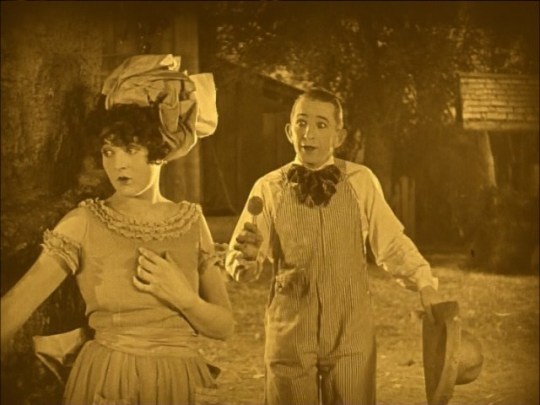
Dorothy Dwan and Larry Semon in Wizard of Oz (Larry Semon, 1925)
Cast: Dorothy Dwan, Larry Semon, Oliver Hardy, Spencer Bell, Charles Murray, Bryant Washburn, Josef Swickard, Mary Carr, Frank Alexander. Screenplay: Frank Joslyn Baum, Leon Lee, Larry Semon, based on a book by L. Frank Baum. Cinematography: Frank B. Good, Hans F. Koenekamp, Leonard Smith. Art direction: Robert Stevens. Film editing: Sam Zimbalist.
A critical and commercial flop that seriously damaged the career of its director and writer, Larry Semon, Wizard of Oz (as the on-screen title has it) somehow survived the mass extinction of silent films, perhaps because of the perennial interest in Oz stories. But only the most die-hard Oz fans need to bother checking it out: It's a hopeless mess, a mishmash of conventional slapstick comedy and rather lame fantasy. It features characters from L. Frank Baum's book: Dorothy (Dorothy Dwan), the Wizard (Charles Murray), the Scarecrow (Semon), and the Tin Woodman (Oliver Hardy). But it does nothing with them but place them in various kinds of comic jeopardy that usually climax in pratfalls. Much of the film takes place in Kansas, where Dorothy is a farm girl about to turn 18, an age when she can open a mysterious letter that was delivered to her Uncle Henry (Frank Alexander) and Aunt Em (Mary Carr) when she was a foundling infant. The letter, of course, reveals that she is Princess Dorothea of Oz. She is being courted by two farmhands, also played by Semon and Hardy, who are swept off to Oz by a tornado -- or rather just a strong windstorm, since there's no funnel cloud -- along with Dorothy and Uncle Henry, where they assume disguises: Semon swipes the clothes off of a scarecrow and Hardy improvises an outfit from a scrap heap. There's also a black farmhand known, inevitably, as Snowball, played by Spencer Bell under the pseudonym G. Howe Black. Get it? We first see him eating a watermelon, but aside from that, the racist humor is fortunately kept to a minimum. In Oz, to which Snowball is somehow chased by lightning, he adopts a lion costume, creating the third in Dorothy's familiar trio of companions. The scenario was written by Semon, Leon Lee (who also wrote the intertitles), and Frank Joslyn Baum, credited as "L. Frank Baum Jr." Frank J. Baum's efforts to capitalize on his father's name led to a break with the rest of his family.
1 note
·
View note
Text
Watch Tom Dwan Make Poker History with a Record-Breaking $3.1 Million Win on Live-Stream

Watch Tom Dwan Make Poker History with a Record-Breaking $3.1 Million Win on Live-Stream
Watch Tom Dwan Make Poker History with a Record-Breaking $3.1 Million Win on Live-Stream
The Record-Breaking Game
Poker enthusiasts watched in awe as Tom Dwan won a staggering $3.1 million in a live-streamed game. The game, which took place on June 2, 2021, featured a high-stakes cash game that was streamed on Bill Perkins' Thirst Lounge Twitch channel. Dwan's generous win set a new record for the biggest live-streamed pot.
Tom Dwan's Winning Streak
Tom Dwan, who is well-known in the world of online poker, put his skills to the test in the high-stakes game. He played a hand against Dan Smith, Bill Klein, and Rick Salomon, which escalated quickly and led to the massive pot. Dwan's loose-aggressive style of play won him the pot, and he took home a significant amount of money.
The Poker Community Reacts
The poker community was buzzing with excitement after the live-streamed game. Fans and players alike were impressed with Dwan's performance, and many took to social media to express their opinions. Some praised Dwan for his impressive win, while others marveled at the high stakes of the game.
The Future of Live-Streamed Poker
With the recent success of live-streamed poker games, many are wondering what the future holds for the industry. Thanks to the popularity of sites like Twitch, more and more players are getting involved in the live-streaming of poker games. As the industry grows, we can expect to see more games with even higher stakes.
Summary
Tom Dwan made poker history with his record-breaking $3.1 million win in a live-streamed game. The high-stakes cash game was watched by poker enthusiasts around the world, who were amazed by Dwan's skills. The poker community has been buzzing with excitement since the game, and it's clear that live-streamed poker is here to stay. #TomDwan #RecordBreaking #LiveStreamedPoker #HighStakes #PokerCommunity #SPORT
Read the full article
0 notes
Text
Classic TV episode I watched tonight. Hoot Gibson was one of the guest stars.
0 notes
Text
Integrity Music Celebrates 12 GMA Dove Award Nominations

Integrity Music celebrates 12 GMA Dove Award nominations, which were announced yesterday for the 53rd Annual GMA Dove Awards. The award show, carrying the theme “Sound of Heaven” will be held on October 18th at Lipscomb University in Nashville and will air exclusively on TBN on October 21st.
The band Citizens received nominations for “Rock/Contemporary Album of The Year” as well as “Rock/Contemporary Song of The Year”. Multicultural collective Village Lights were nominated for “Short Form Music Video (Performance)”.
Songwriters Mitch Wong, Kyle Lee and Dwan Hill were nominated for “Song of The Year” with CeCe Winans’ ‘Believe For It’.
Selah are up for “Inspirational Album of The Year” while Phil Thompson received two nominations for “Gospel Worship Song of The Year” and “Gospel Worship Album of The Year”.
The female collective FAITHFUL were nominated for “Inspirational Song of The Year”.
Slugs And Bugs are up for “Children’s Album of The Year”, and songwriters Dustin Smith, Abby Benton, Kristen Dutton, Raina Pratt, Carlene Prince and Jesse Reeves were nominated for “Worship Recorded Song of The Year” with ‘I Speak Jesus’ by Charity Gayle.
Lastly, writers Daniel Calveti, Becky Collazos, Christine D’Clario, Travy Joe, Josh Morales, Jacobo Ramos were nominated for Gateway Worship Español’s ‘Danzando’ for “Spanish Language Recorded Song of The Year”.
*Bolded names are Integrity Music Artists and/or Writers
Nominees were announced in an artist-hosted livestream event featuring Jimmie Allen, Erica Campbell, Evan Craft, Sonya Isaacs, Brandon Lake, Trip Lee, Chris Tomlin, and Tye Tribbett. The announcement premiered live on the GMA Dove Awards YouTube and Facebook pages.
“Congratulations to this year’s impressive list of Dove Awards nominees,” says GMA President, Jackie Patillo. “For the past few years, we’ve chosen a theme for each show that represents our community and why we celebrate. Today we announced this year’s theme, Sound of Heaven. Although our musical styles may be different, our mission is the same. Together we lift one voice – the sound of heaven.”
Read the full article
0 notes
Photo
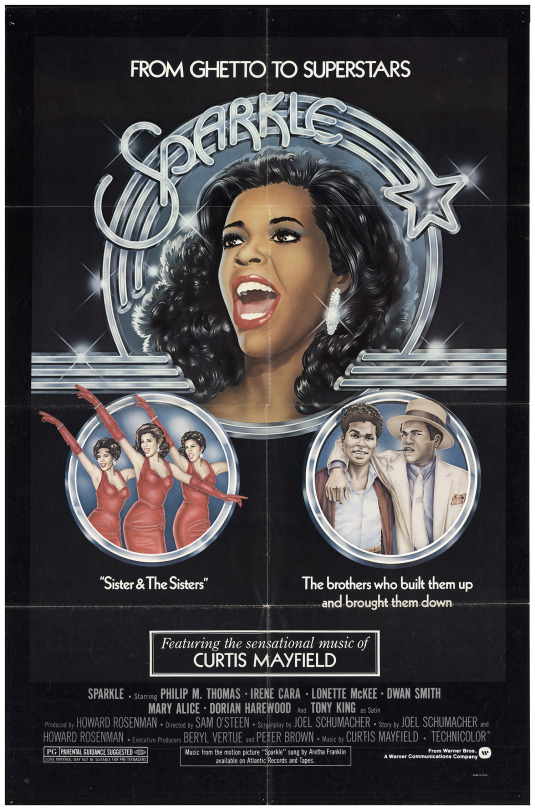
#sparkle#irene cara#philip m. thomas#lonette mckee#dwan smith#mary alice#dorian harewood#tony king#sam o'steen#1976
24 notes
·
View notes
Video
youtube
Aretha Franklin - Something He Can Feel
#aretha franklin#something he can feel#sparkle#lonette mckee#irene cara#dwan smith#kitty haywood singers#curtis mayfield#soul#classic soul#r&b#music#music is life#music is love#music is religion#raining music
8 notes
·
View notes
Text
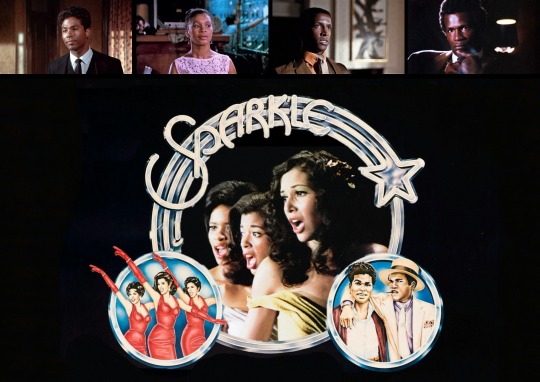
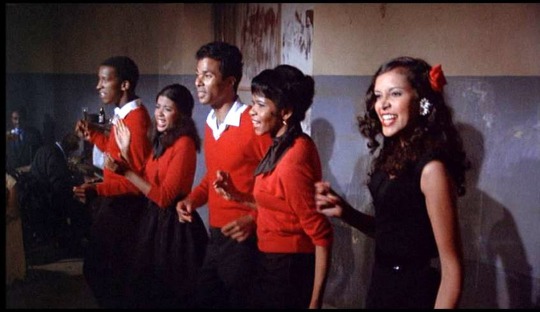
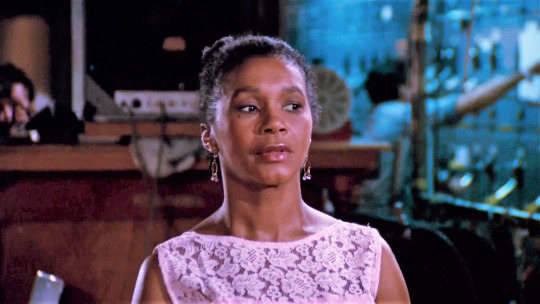
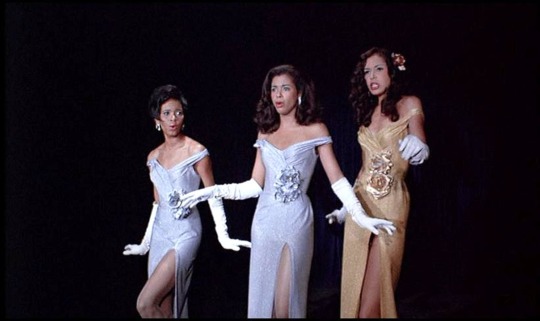
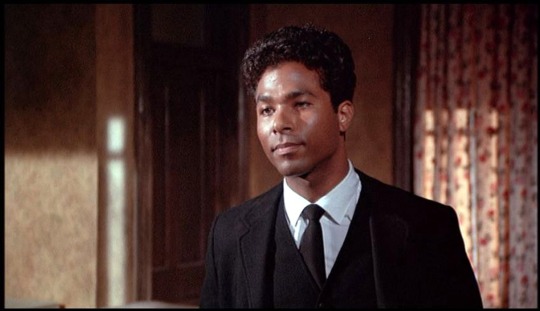
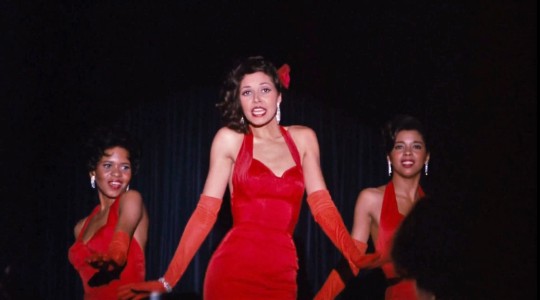


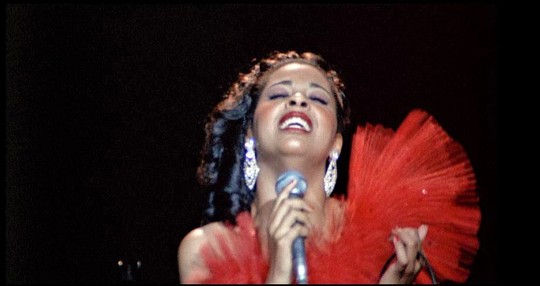
"SPARKLE" Released May 19, 1976
#lonette mckee#irene cara#dwan smith#sparkle#philip michael thomas#dorian harewood#mary alice#curtis mayfield
170 notes
·
View notes
Photo

Sparkle (1976)
Remembering the original Sparkle movie, with the 3 sisters training to become a great female singing group in the 1960s.
#sparkle#1970s movies#lonette mckee#irene cara#dorian harewood#phillip michael thomas#black cinema#old school#drama#musical#Dwan Smith#ebony beauty#soul diva#black women
18 notes
·
View notes
Text
January: Happy Birthday List
Capricorn (Dec 22-Jan 19) 1: Josette Simon 2: Erica Hubbard, Renée Elise Goldsberry 3: Angelique Perrin, Nicole Beharie 4: Jill Marie Jones, Miss Tina Lawson, Lenora Crichlow, Alexandra Grey, Coco Jones, Sindi Dlathu 5: Ms. Juicy Baby, Olunike Adeliyi 6: Betty Gabriel, Jacqueline Moore, Tiffany Pollard, Armelia McQueen, Tanyell Waivers 7: Blue Ivy Carter, Ruth Negga, Sofia Wylie, Zora Neale Hurston 8: Butterfly McQueen, Ryan Destiny, Cynthia Erivo, Shirley Bassey 9: Amber Ruffin, Flo Milli, Anais Lee/Mirabel Lee 10: Kathleen Bradley, Sisi Stringer, Teresa Graves
11: Adepero Oduye, Aja Naomi King, Amiyah Scott, Kim Coles, Mary J. Blige 12: Cynthia Addai Robinson, Erinn Westbrook, Issa Rae, Naya Rivera, Amerie 13: Janet Hubert, Andy Allo, Shonda Rhimes 14: Adjoa Andoh, Vonetta McGee, Emayatzy Corinealdi 15: Regina King, Kellita Smith, Sanai Victoria 16: Debbie Allen, Aaliyah, FKA Twigs, Sade 17: Eartha Kitt, Indya Moore, Michelle Obama, Ann Wolfe, Quen Blackwell
18: Ashleigh Murray, Estelle, Samantha Mumba 19: Simone Missick, Lidya Jewett, Shaunette Renée Wilson
Aquarius (Jan 20-Feb 18) 21: Anastarzia Anaquway 22: Blesnya Minher, Dwan Smith 23: Lanei Chapman 24: Kenya Moore, Tatyana Ali 25: Ariana DeBose, Jenifer Lewis, Tati Gabrielle, Etta James, Alicia Keys, Willow Nightingale 26: Angela Davis, Anita Baker, Bessie Coleman, Ciera Payton, Desiree Burch, Sasha Banks, Zara Cully 27: Betty Adewole 28: Tyra Ferrell 29: Oprah Winfrey 30: Jody Watley, Kylie Bunbury 31: Miss Peppermint, Kerry Washington

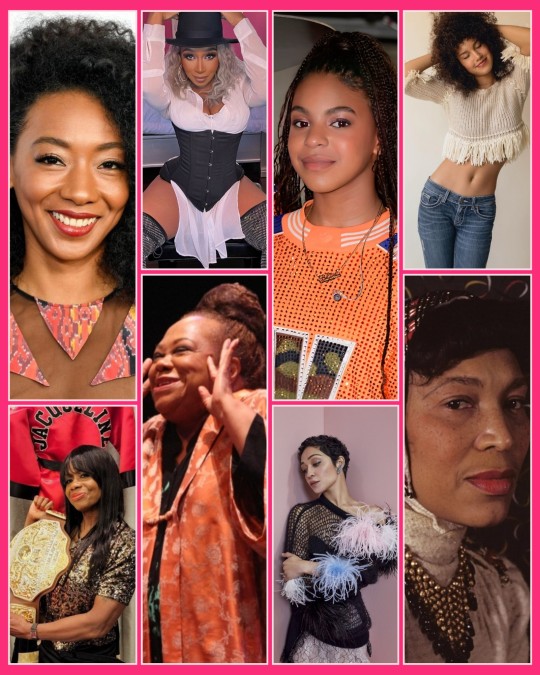
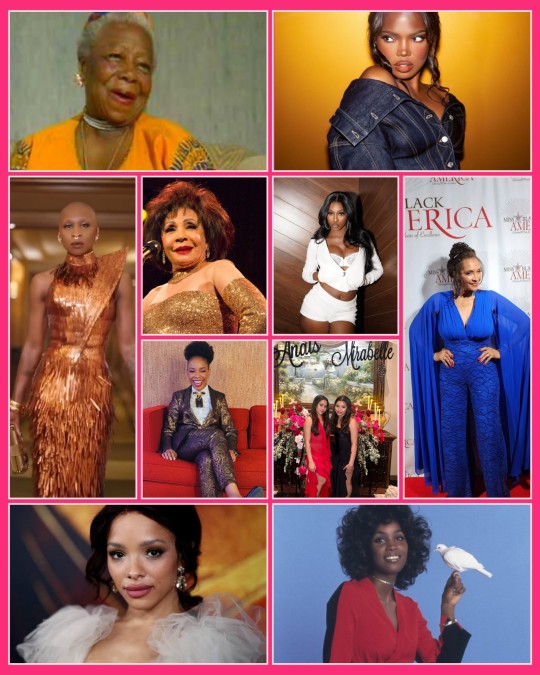

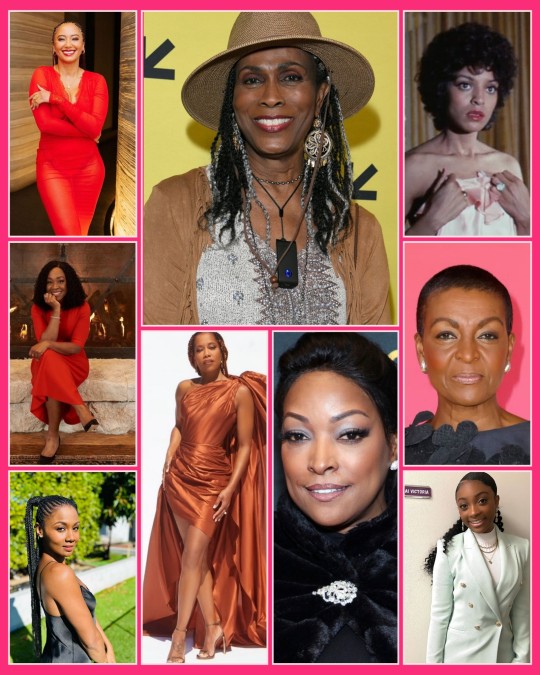
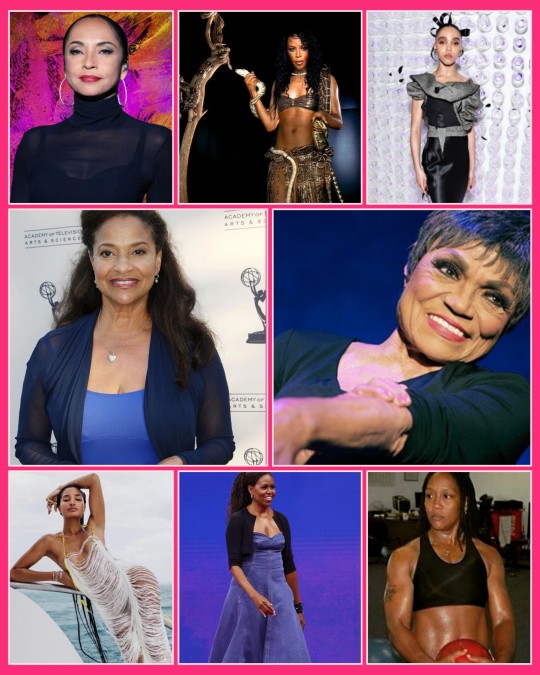
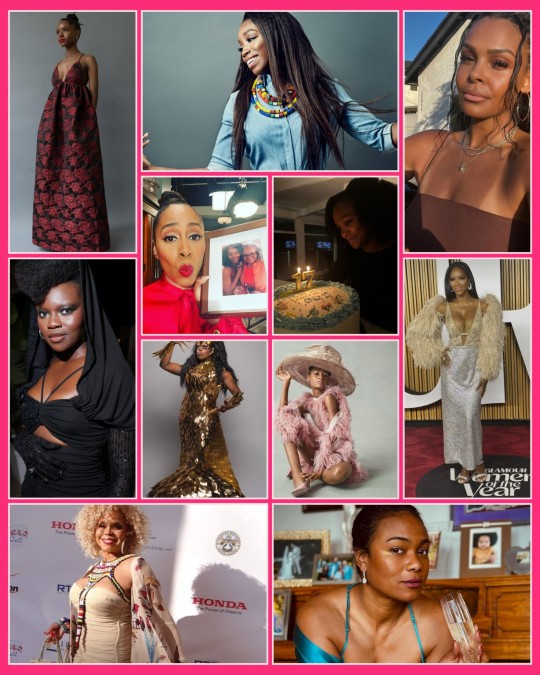
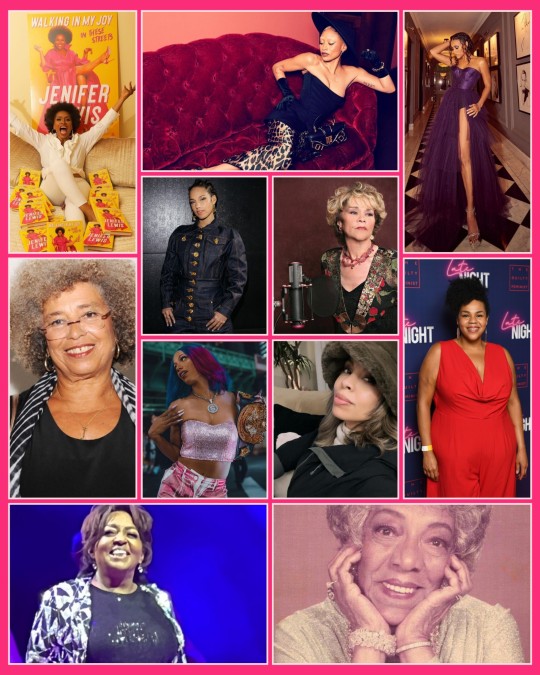

List will be updated as needed... I don't know everybody's birthday, and sometimes, the search engine don't either. I be using Google, and if something's wrong, it's wrong until I figure out the right date. Thank you.
Ones left off in 2024, when I made the list:
Vanity, Sindi Dlathu, Tanyell Waivers, Zaraah Abrahams, Zabryna Guevara, Quen Blackwell, Lanei Chapman, Willow Nightingale
#January#January Birthdays#celebrity birthdays#birthdays#Birthday Photosets#Nesha Photosets#Pink Aesthetic#Happy Birthday#Birthdays#January Calendar#January Capricorn#January Aquarius#Capricorn#Aquarius#Black Women in Entertainment#January 31#January Happy Birthday List#Happy Birthday List#black celebs#black actresses#black female singers#public figure
7 notes
·
View notes
Photo
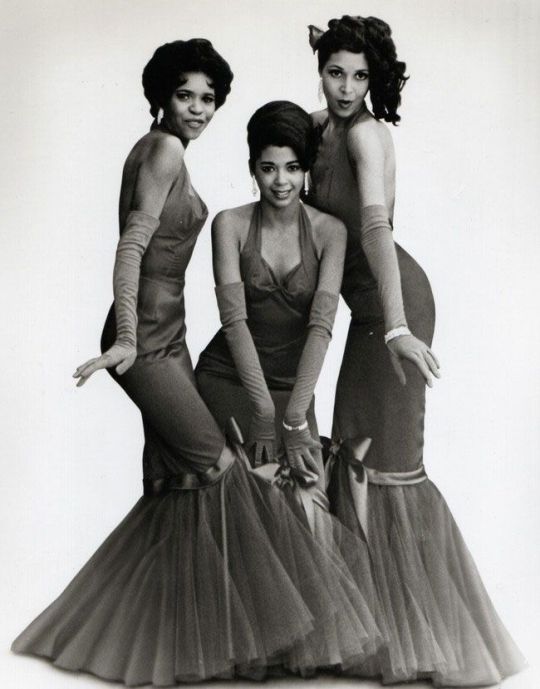
“Sparkle” Lonette McKee, Irene Cara & Dwan Smith. 1976
39 notes
·
View notes
Photo
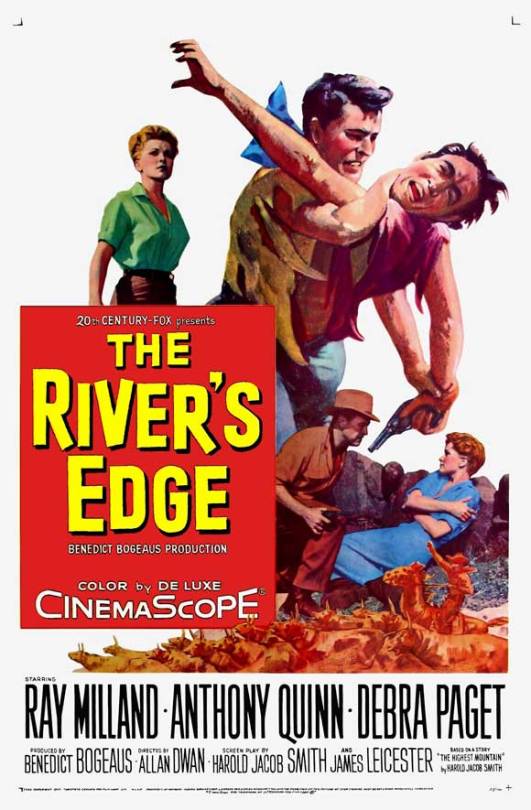
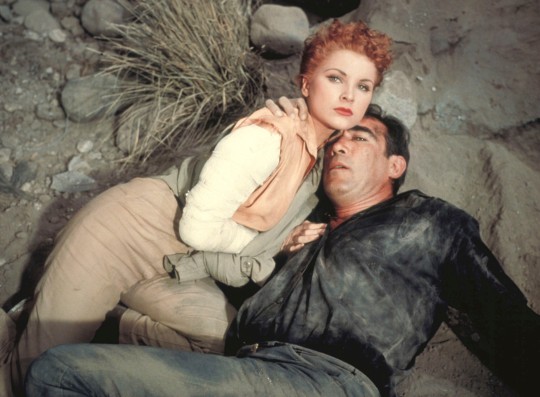


The River's Edge (Allan Dwan, 1957)
Cast: Ray Milland, Anthony Quinn, Debra Paget, Harry Carey Jr., Chubby Johnson, Byron Foulger, Tom McKee, Frank Gerstle. Screenplay: Harold Jacob Smith, James Leicester. Cinematography: Harold Lipstein. Production design: Van Nest Polglase. Film editing: James Leicester. Music: Louis Forbes.
1 note
·
View note
Text
Dreamcasting Broadway: THE GREAT GATSBY
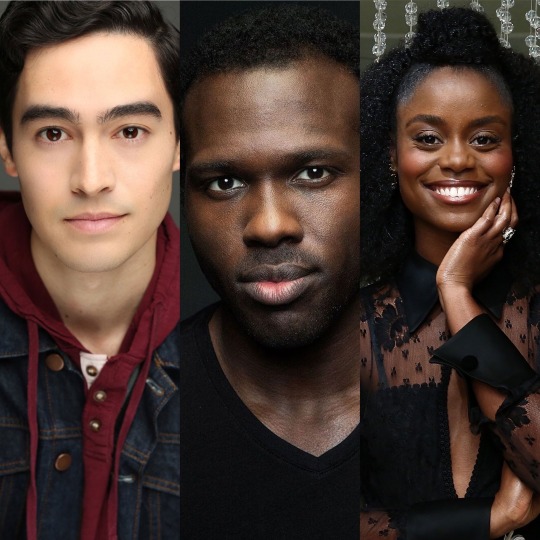


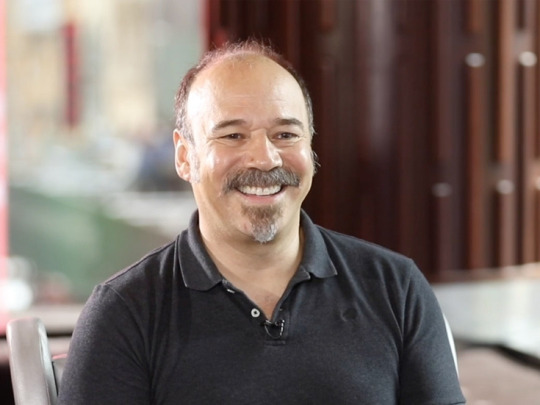
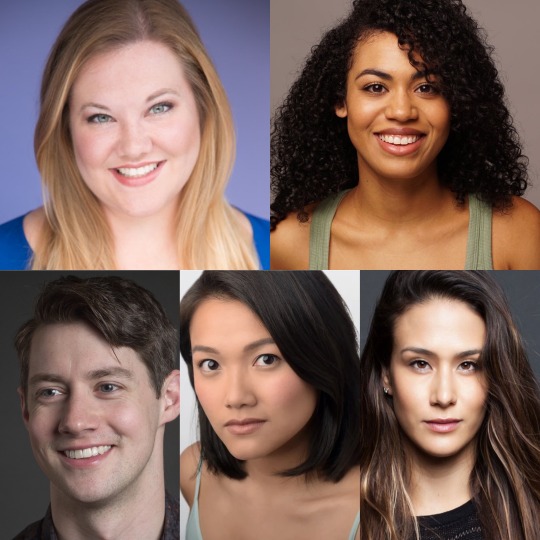



“I like large parties. They’re so intimate. At small parties there isn’t any privacy.”
Dreamcasting Broadway: The Great Gatsby
Troy Iwata as Nick Carraway
Joshua Henry as Jay Gatsby
Denée Benton as Daisy Buchanan
Steven Pasquale as Tom Buchanan
Danielle Steers as Jordan Baker
Joe Tippett as George Wilson
Grace McLean as Myrtle Wilson
Danny Burstein as Meyer Wolfsheim/Wolf Eyes
Abby C. Smith as Ensemble
Ashley De La Rosa as Ensemble (Jordan u/s)
Chris Dwan as Mr. McKee/Ensemble (Nick u/s)
Dorcas Leung as Mrs. McKee/Ensemble (Daisy u/s)
Ericka Hunter as Ensemble
Eymard Cabling as Ensemble (Tom u/s, George u/s)
Hayley Podschun as Ensemble (Daisy u/s, Myrtle u/s)
Heath Saunders as Klipspringer/Ensemble
Kathryn Allison as Ensemble
Katrina Yaukey as Ensemble
Natalie Walker as Catherine/Ensemble (Myrtle u/s)
Nick Gaswirth as Dan Cody/Ensemble (George u/s, Meyer Wolfsheim/Owl Eyes u/s)
Ryan Alvarado as Henry C. Gatz/Ensemble (Tom u/s, Meyer Wolfsheim/Owl Eyes u/s)
Sydney James Harcourt as Ensemble (Gatsby u/s)
Wonza Johnson as Ensemble (Nick u/s)
Anthony Festa as Swing (Gatsby u/s)
Camden Gonzales as Swing
Jillian Mueller as Swing (Jordan u/s)
Olutayo Bosede as Swing
Veronica Otim as Swing
#dreamcasting#dreamcasting broadway#the great gatsby#f. scott fitzgerald#troy iwata#joshua henry#denée benton#steven pasquale#danielle steers#joe tippett#grace mclean#danny burstein#broadway#broadway theatre#broadway musical#musical#musical theatre#theatre
4 notes
·
View notes
